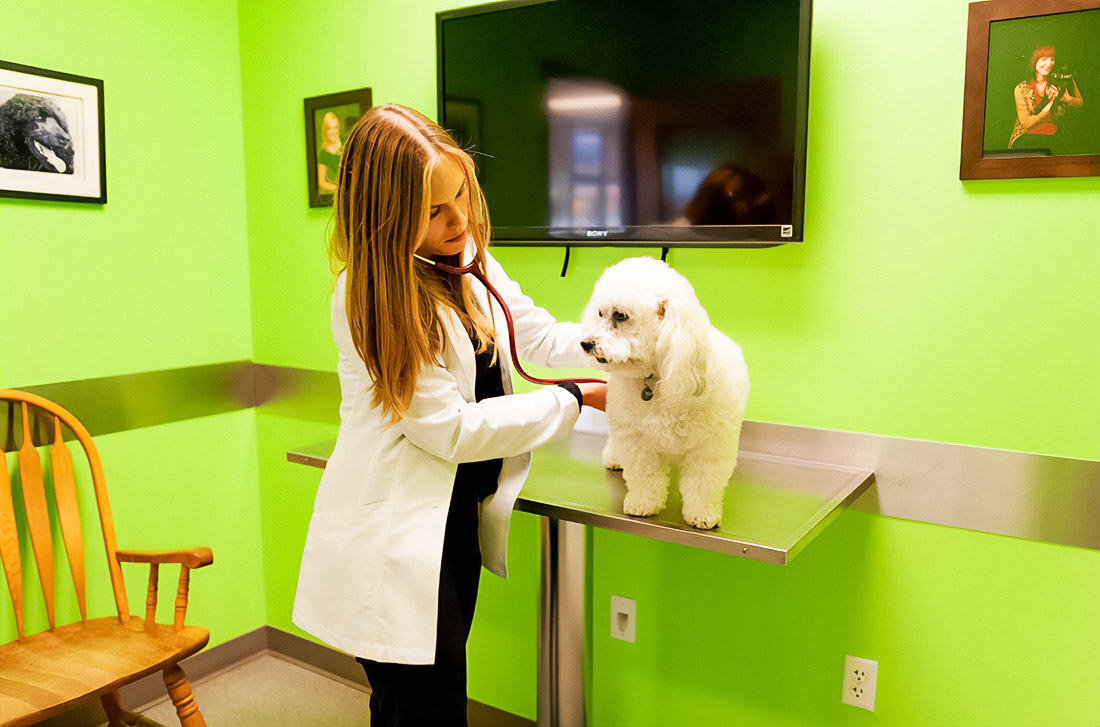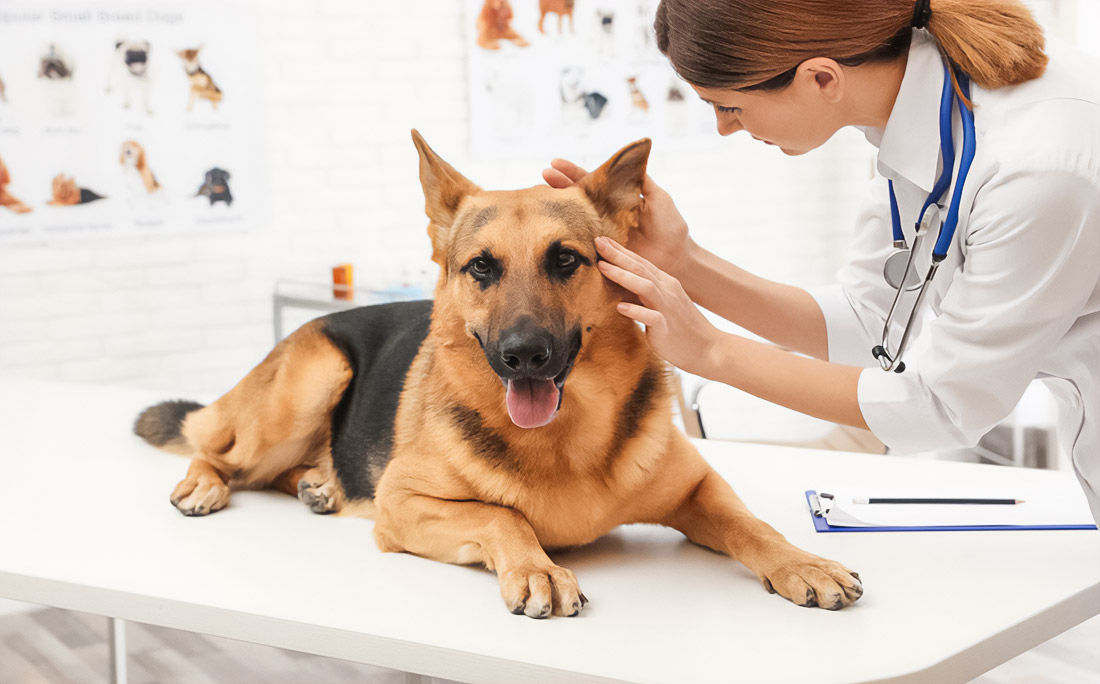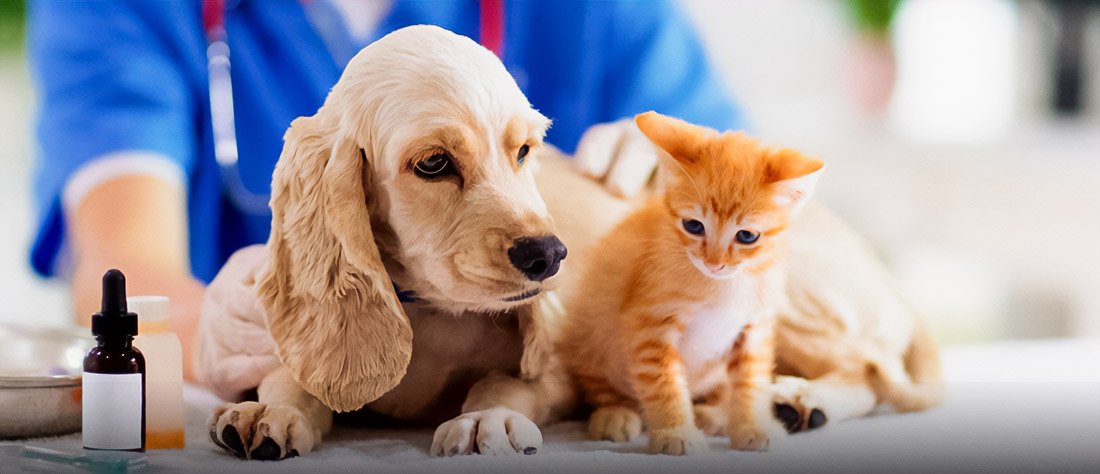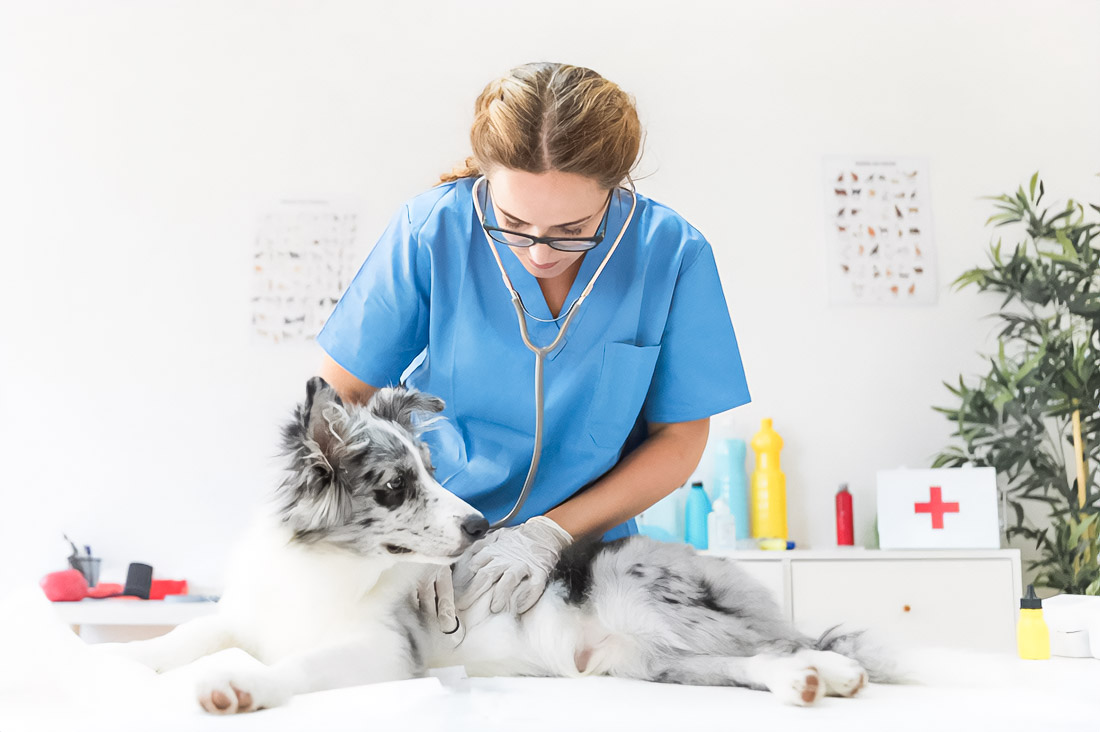The health of cats, especially regarding their urinary tracts, is an important topic for every owner. On petsinthecity.me, you can find useful tips and services that help ensure your pet’s proper care. Urolithiasis and idiopathic cystitis are the two main diseases that cats can face. Here, it is interesting to note that up to 15% of cats can suffer from diseases in their urinary tracts during their life. Urolithiasis manifests in the form of crystals, which can evolve into larger stones in the bladder or even in the urethra, which poses a serious threat to the health of the pet. On the other side, idiopathic cystitis causes inflammation without visible reasons. Signs of diseases often include:
- Painful feelings when urinating
- Frequent and unsuccessful trips to litter box
- Blood in urine
- Complete inability to urinate — emergency situation
Nutrition as Component Health Cats

Diet acts as an important tool for maintaining healthy urinary tracts. The importance of moisture consumption cannot be overestimated because cats have a low sense of thirst due to their origin. Do you know that an increase in water consumption by 30% can reduce the risk of stone formation in half? Introduction Wet foods not only hydrate but also reduce risk. Proteins — this is another important aspect that requires correct balance. For example, excessive consumption can increase uric acid and stimulate the formation of stones. Minerals, such as calcium, magnesium, and phosphorus, play key roles in the prevention of the formation of struvite and oxalate stones. For example, reduction of magnesium by 20% in diet can significantly improve the condition of urinary tracts.
Types Diets and Their Impact on Cats

There are three main types of diets, and each has its characteristic pros and cons:
- Dry foods: Convenient, can be stored long, but have low moisture content (only about 10%), which can contribute to the formation of concentrated urine.
- Wet foods: Contain up to 80% water, which helps dilute urine. Besides, many cats prefer them for texture and aroma.
- Raw diets: Popular among supporters of natural feeding, but require strict control over nutrients and sanitation.
Studies show that wet foods for cats can significantly improve the health of urinary tracts in cats due to high moisture content.
Commercial and Homemade Diets in Focus

Commercial diets provide balance, taking into account all necessary nutrients. Do you know, that more than 80% owners cats choose ready commercial diets for their convenience? While homemade diets can be adapted for individual needs cat, they require careful consultations with veterinarian to avoid imbalance nutrients.
Learn more about various types cat food, to choose most suitable for your pet.
Changes in Diet for Elimination Problems

For cats, already suffering problems urinary tracts, dietary adjustments can mean difference between health and pain. Switching to wet foods can increase water consumption, while specialized diets reduce levels magnesium and phosphorus, dissolving struvite stones. In some situations, addition DL-methionine can promote acidification urine, helping dissolve stones.
Prevention as Long-term Strategy

Prevention — this not only about nutrition, but and about awareness. Always control levels moisture, protein and minerals in diet your cat. Maintaining weight at optimal level also plays key role. Interesting fact: weight loss by 5% in cats can significantly reduce risk diseases. Do not forget to monitor behavior your cat and timely seek veterinary consultation.
Prevention also includes regular visits to veterinarians to ensure timely detection and treatment of any potential problems.
Remember, that appropriate nutrition — this only one of aspects care about your pet. Interaction between owner and veterinarian — this key to individual collection diet for each unique animal.

Biker, traveler, drummer, Bauhaus fan and RGD member. Performing at the fulcrum of beauty and mathematics to craft meaningful ideas that endure. Concept is the foundation of everything else.
